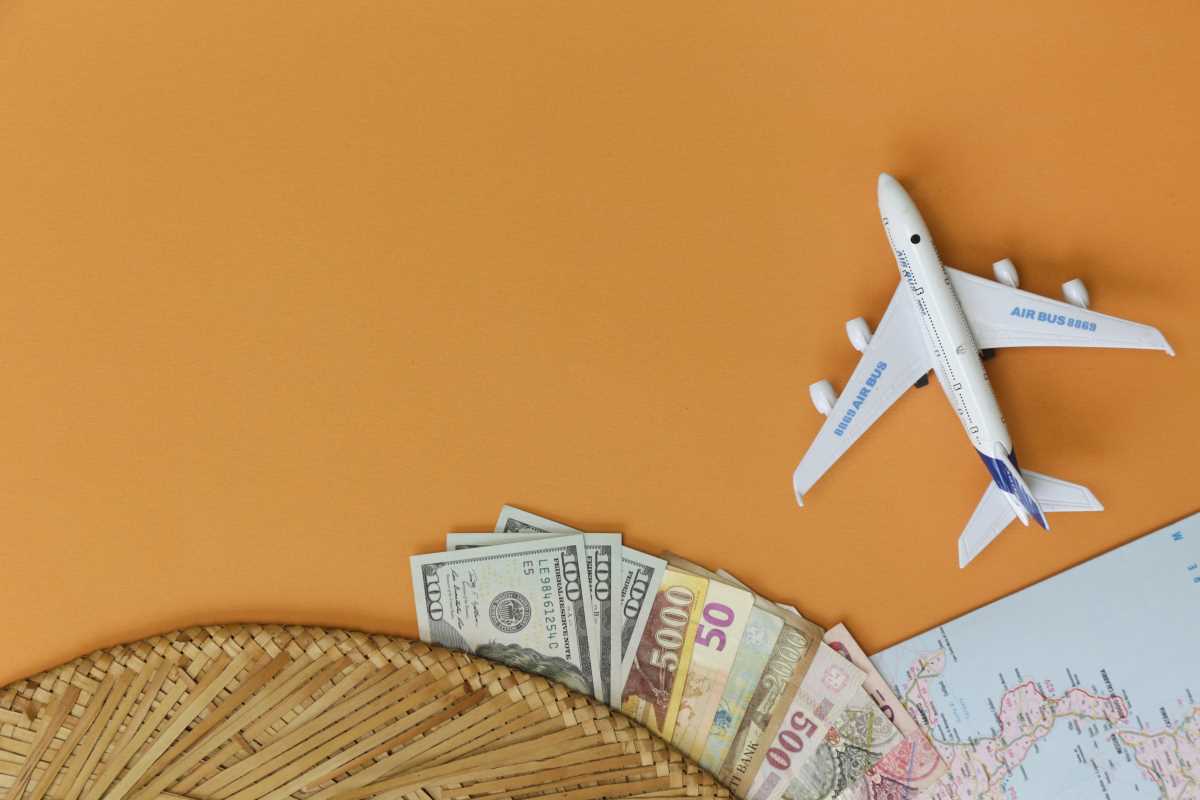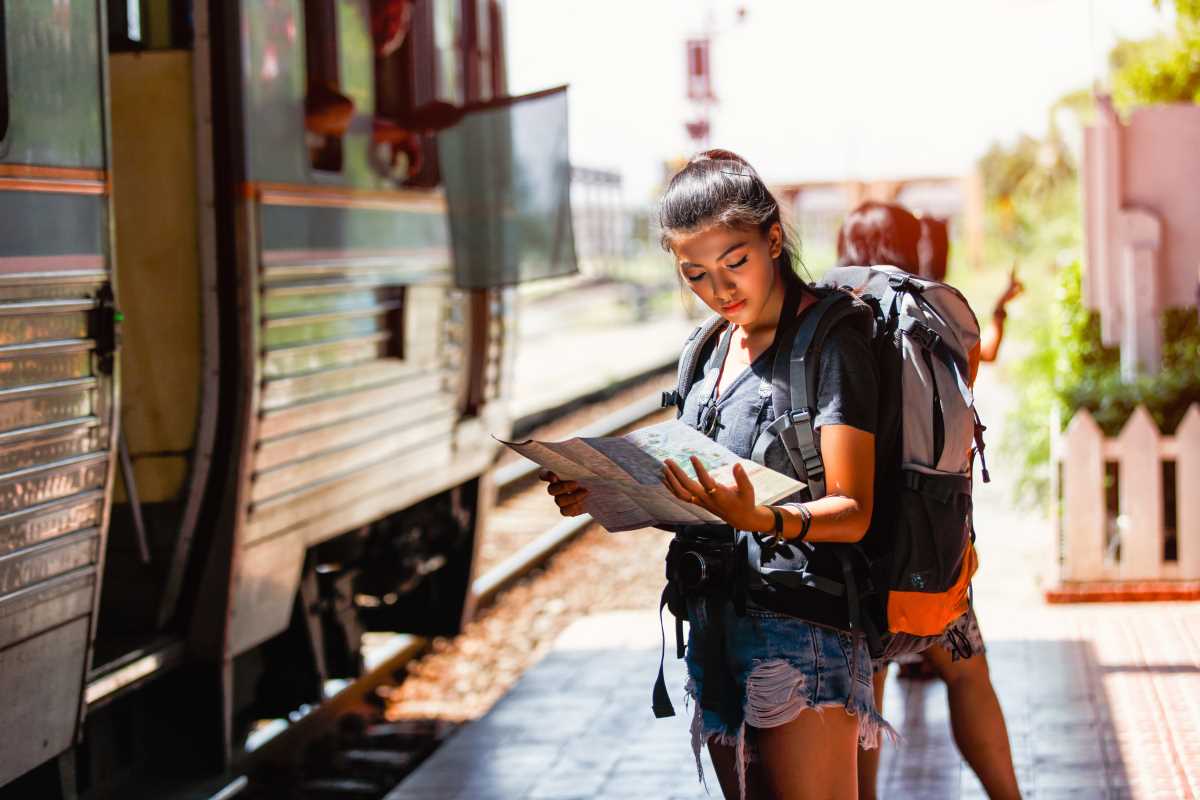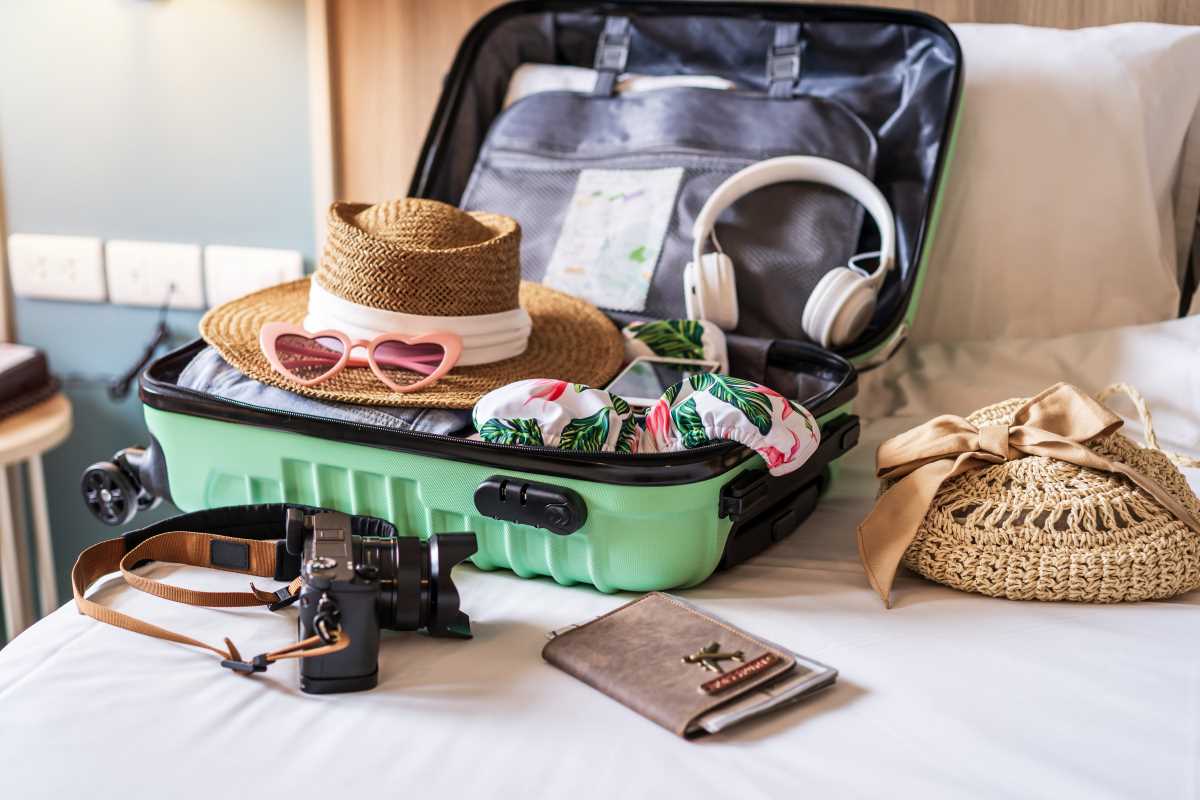Planning a trip is exciting, but it often comes with the daunting task of budgeting for all the associated expenses. A well-structured travel budget is essential for enjoying your journey without financial stress. This guide provides you with essential tips and insights to create a budget that works for you, enabling a smooth travel experience.
Understanding Travel Costs
Before you start planning your budget, it’s crucial to understand the various costs associated with travel. This involves looking beyond just flights and accommodations. Here are the primary categories to consider:
Transportation Costs
Transportation expenses can encompass a range of options:
- Flights: Depending on your destination, flights can be a significant expense. Prices can vary based on the season, how far in advance you book, and whether you choose direct or connecting flights.
- Local Transportation: Consider how you’ll get around once you arrive. Will you use public transportation, rent a car, or rely on taxis and rideshares? Each option has different costs associated with it.
- Parking Fees: If you’re renting a car, factor in potential parking fees at your accommodations and attractions.
Accommodation Costs
Accommodation often constitutes one of the largest portions of your travel budget:
- Types of Lodging: Decide whether you prefer hotels, hostels, Airbnb rentals, or camping. Each has its own price range and amenities.
- Location Matters: Staying in the city center may offer convenience but often comes with higher costs. Consider accommodations that are a little further away from major attractions for potentially significant savings.
Food and Dining Costs
Dining expenses can add up quickly, so it’s important to plan wisely:
- Daily Meal Budget: Estimate how much you’ll spend on food each day. Consider breakfast, lunch, dinner, and snacks. Research local prices to make informed estimates.
- Eating Habits: Will you dine at restaurants for every meal, or do you plan to cook some of your own food? Eating like a local at street food stalls or markets can save you money.
Activity and Entertainment Costs
Planning for activities is essential to avoid overspending:
- Attraction Fees: Many attractions charge entry fees. Research the costs beforehand and prioritize which attractions you want to visit.
- Free Activities: Look for free or low-cost activities, such as local festivals, parks, and walking tours. These can enhance your travel experience without breaking the bank.
Miscellaneous Costs
Lastly, don’t forget about those hidden costs that can catch you off guard:
- Souvenirs and Shopping: Allocate a budget for souvenirs to bring home, but be mindful not to overspend.
- Emergency Fund: Set aside money for emergencies, such as unexpected medical expenses or travel disruptions.
Creating Your Travel Budget
Now that you understand the different costs associated with travel, it’s time to create a budget. Here’s a step-by-step guide to help you:
Step 1: Research Your Destination
Before you set a budget, research your destination to understand its cost of living. Websites like Numbeo can give you insights into local prices for food, transportation, and accommodation. This information will help you estimate your daily expenses more accurately.
Step 2: Break Down Your Expenses
Once you have a general idea of costs, break down your budget into specific categories. Consider the following breakdown:
- Transportation: Allocate funds for flights, local transport, and any necessary car rentals.
- Accommodation: Decide how much you can afford per night and multiply that by the number of nights you plan to stay.
- Food: Estimate your daily food budget and multiply that by the number of days you’ll be traveling.
- Activities: Research costs for attractions and set a budget for the activities you want to participate in.
- Miscellaneous: Don’t forget about the unexpected. Set aside a small portion of your budget for unforeseen expenses.
Step 3: Set Daily Limits
To keep your spending in check, consider setting daily spending limits for each category. This can help you stay on track and avoid overspending in one area. For instance, if you know your food budget is $50 per day, aim to stick to that limit throughout your trip.
Step 4: Track Your Expenses
Tracking your expenses during your trip is crucial for sticking to your budget. Here are some methods to consider:
- Budgeting Apps: Use budgeting apps like Mint, YNAB (You Need a Budget), or TravelMapper to record and track your spending in real time.
- Spreadsheets: Create a simple spreadsheet to log your daily expenses. Include categories for easy reference.
- Receipts: Keep all your receipts and tally them up at the end of each day to see where you stand.
Step 5: Adjust as Needed
If you find you’re consistently overspending in one category, don’t hesitate to adjust your budget. For instance, if you’re spending more on dining than you planned, consider cooking some meals or opting for cheaper restaurants.
Tips for Saving Money While Traveling
Creating a budget is only the first step; finding ways to save money during your travels can significantly reduce overall expenses. Here are some practical tips to help you save:
Be Flexible with Travel Dates
If your travel dates are flexible, use this to your advantage. Flight and accommodation prices can vary significantly based on the day of the week and time of year. Mid-week flights are often cheaper than weekend flights. Additionally, consider traveling during the shoulder season, which is the period between peak and off-peak seasons when prices are generally lower.
Use Price Comparison Websites
Take advantage of price comparison websites like Kayak, Skyscanner, or Google Flights to find the best deals on flights and accommodations. These platforms allow you to compare prices across multiple airlines and booking sites, ensuring you get the best deal possible.
Consider Alternative Airports
If you're flying into or out of a major city, check if there are smaller, nearby airports that may offer cheaper flights. While it might be less convenient, it can save you a significant amount on airfare.
Save on Accommodations
Here are a few more ways to save on lodging:
- Book in Advance: Securing your accommodation ahead of time often results in lower rates.
- Look for Discounts: Websites like Booking.com and Airbnb often have special discounts and offers.
- Consider Off-Peak Stays: If you can travel during the off-peak season, you'll likely find better rates for accommodations.
Eat Like a Local
Dining out can drain your budget quickly, so find ways to save on food:
- Street Food: Try local street food for delicious and affordable meals.
- Cook Your Meals: If you're staying in a place with a kitchen, consider cooking some of your meals to save money.
- Picnic: Buy groceries and have a picnic in a local park instead of dining in restaurants.
Research Free Activities
Many destinations offer free activities that allow you to explore without spending much. Here are a few suggestions:
- Local Festivals: Check out local calendars for festivals and events that are free to attend.
- Public Parks and Beaches: Enjoy nature and relax without spending a dime at parks and beaches.
- Walking Tours: Many cities offer free walking tours where you can learn about the area’s history and culture from local guides.
Budgeting for Emergency Situations
While you hope for a smooth trip, emergencies can happen. Here’s how to budget for those unexpected events:
Create an Emergency Fund
Set aside a portion of your budget specifically for emergencies. This fund can cover unplanned expenses such as:
- Medical Emergencies: Travel insurance can help cover medical costs abroad, but having cash on hand is a good backup.
- Flight Changes: If your plans change unexpectedly, you may need to pay for a new flight or change fees.
- Lost Belongings: Having extra funds can help you replace lost items quickly.
Purchase Travel Insurance
Investing in travel insurance can provide additional peace of mind. Look for a policy that covers medical emergencies, trip cancellations, and lost or stolen belongings. This will safeguard your finances and help you recover quickly from unexpected situations.
Final Thoughts on Travel Budgeting
Plan ahead, track your expenses, and stay flexible to adapt to any changes that come your way. Whether you're exploring bustling cities, relaxing on tropical beaches, or hiking through breathtaking landscapes, a well-planned budget will enhance your travel experience and allow you to focus on what truly matters: the journey itself.
As you embark on your journey, remember that travel budgeting isn't just about cutting costs; it's about prioritizing what truly matters to you. However, flexibility is key—sometimes, unexpected opportunities arise that are worth the extra expense. Keep an open mind and be willing to adjust your plans if something exciting comes your way.
 (Image via
(Image via





